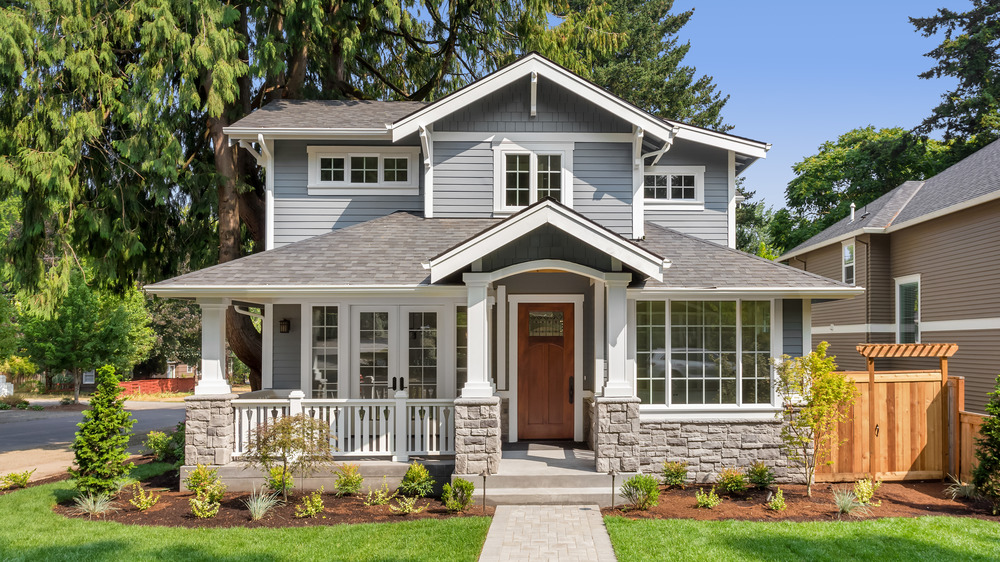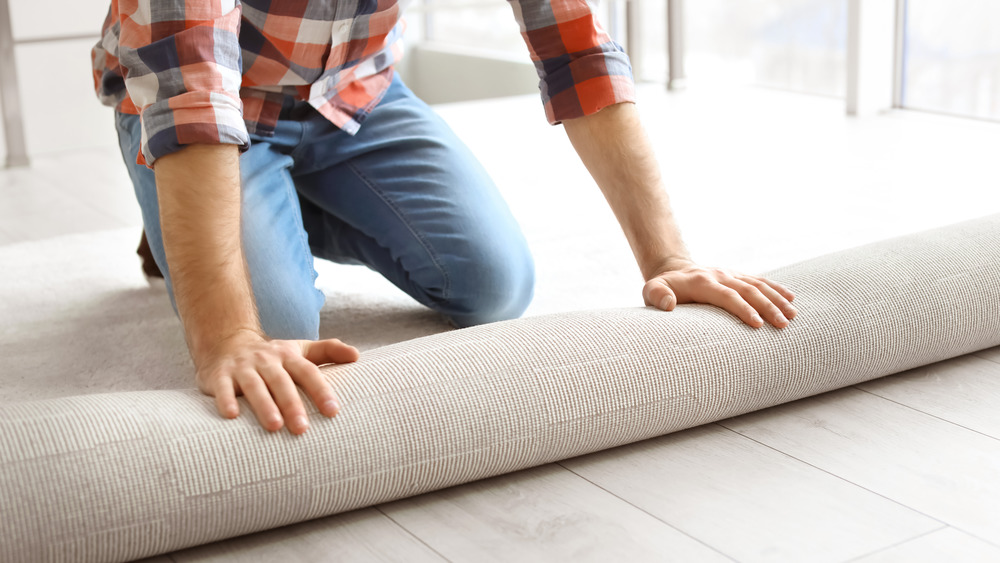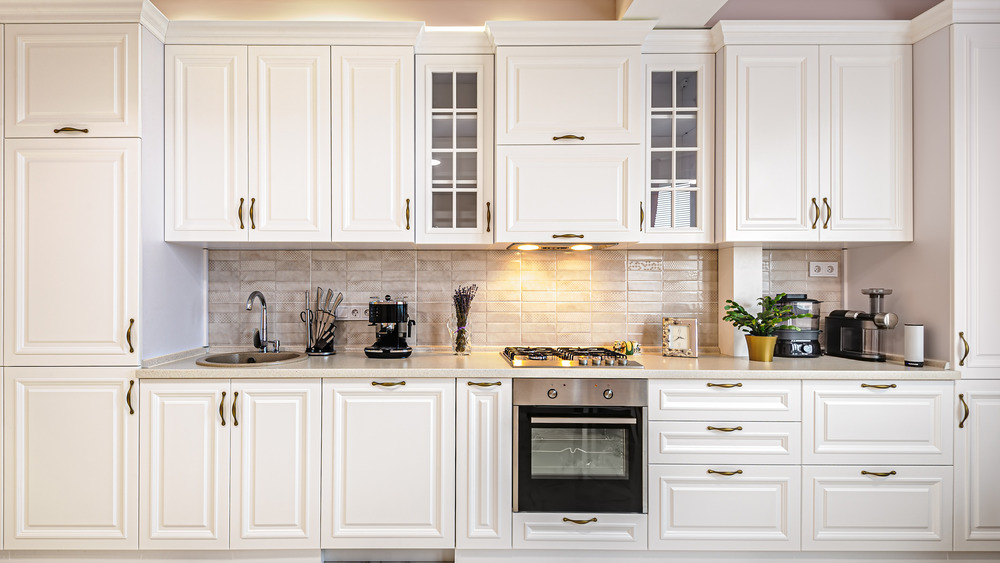These Home Improvements Are The Biggest Waste Of Money
Everyone wants to improve the look and feel of their home — and the enjoyment factor. But it is wise to seek the counsel of an expert before sinking too much money into home improvements that won't end up paying off in the long run. That is why The List spoke to Yawar Charlie, Director of estates division at Aaron Kirman Group, Compass, and a series regular on CNBC's real estate show, Listing Impossible. We wanted to get the scoop on which renovations are cost-effective, and which ones will not provide the return on investment home owners may have hoped for.
Charlie started with some great overall advice about home improvements, telling us, "When doing any kind of home renovation, I always ask my clients what is your long-term goal for the house?" He elaborated, "If this is your forever home, by all means, do everything on your wishlist." But, Charlie adds, "If this is a home that you plan to sell within 3 to 5 years, I always encourage people to make subtle improvements that allow them to enjoy the house. Don't over-design the space, as to make it so specific that when you go to sell it, your pool of buyers shrinks because of it."
With that in mind, consider these home improvements that are better to skip than spend on.
Skip the solar panels
Sure, we all want to be as green as we can, with Charlie telling The List, "In the age of going green I'm completely on board with reducing your carbon footprint. However, from a resale standpoint, solar panels don't really give you a bang for their buck." He explained further that solar panels are not worth the investment, adding, "unless you either own the solar panels outright, which can cost a pretty penny when you purchase them, and odds are you will not see the return when you sell the house, or you do a long-term lease, which can be cost-prohibitive to the new buyer."
Ultimately, Charlie advised, "Either way, if you're not going to be there for the length of time it takes for the solar panels to pay for themselves, which is on average about 5 to 7 years, skip this step." He instead suggests, "If you're looking for energy-efficient methods, switch to efficient appliances instead."
Be cautious when it comes to carpet
Charlie acknowledges, "This can be a controversial topic because some people really enjoy carpet." But as he told The List, "The vast majority of buyers would prefer hardwood floors. I would go so far as to say eight times out of 10, if a buyer has their choice, they would prefer hardwood floors."
With that in mind, Charlie says for those who are thinking about selling their house, he recommends, "not to spend the money on installing carpet, but think of a cost-effective engineered hardwood floor that might cost just about the same as a high-quality carpet." The upside? Going with this type of flooring over carpet gives homeowners a bigger bang for their buck if they go to resell, according to Charlie.
Carefully consider converting a bedroom to a home office
A home office is always a benefit for a home, right? Well, as Charlie notes, not necessarily. Even if you are thinking about adding a home office, you may want to reconsider. "At first glance, one might think a home office is a good thing to have," he admits, adding, "As someone who works from home, I definitely enjoy having one."
The problem is, as he explained, "What you don't want to do is take away bedroom space to create a home office for resale." As Charlie recounted to The List about his experience, "Anytime I take on a new listing, and there is a large-size room that has been converted to a home office, I immediately have the seller convert it back to a bedroom — because that is what's going to sell the house." He adds, "A potential buyer will look at that room, and if it's staged as an office, automatically think that it's too small to be a living space."
This is a big mistake according to Charlie, and not worth the investment.
Hold off on high-end appliances
Charlie has noticed a trend when it comes to his clients flipping homes. "They will put in high-end appliances that can cost literally tens of thousands of dollars a piece, and they will not see the return at the end of the day," he told us, going on to explain that, "Buyers don't want to pay for someone else's luxurious choices."
A better option is "to go with a good quality, medium-grade appliance for your home," advises Charlie. He adds, "They may not have the brand recognition that some of the higher-end appliances have, but they work just as well and are a fraction of the price." His ultimate take-away message here: "Save your money!"




